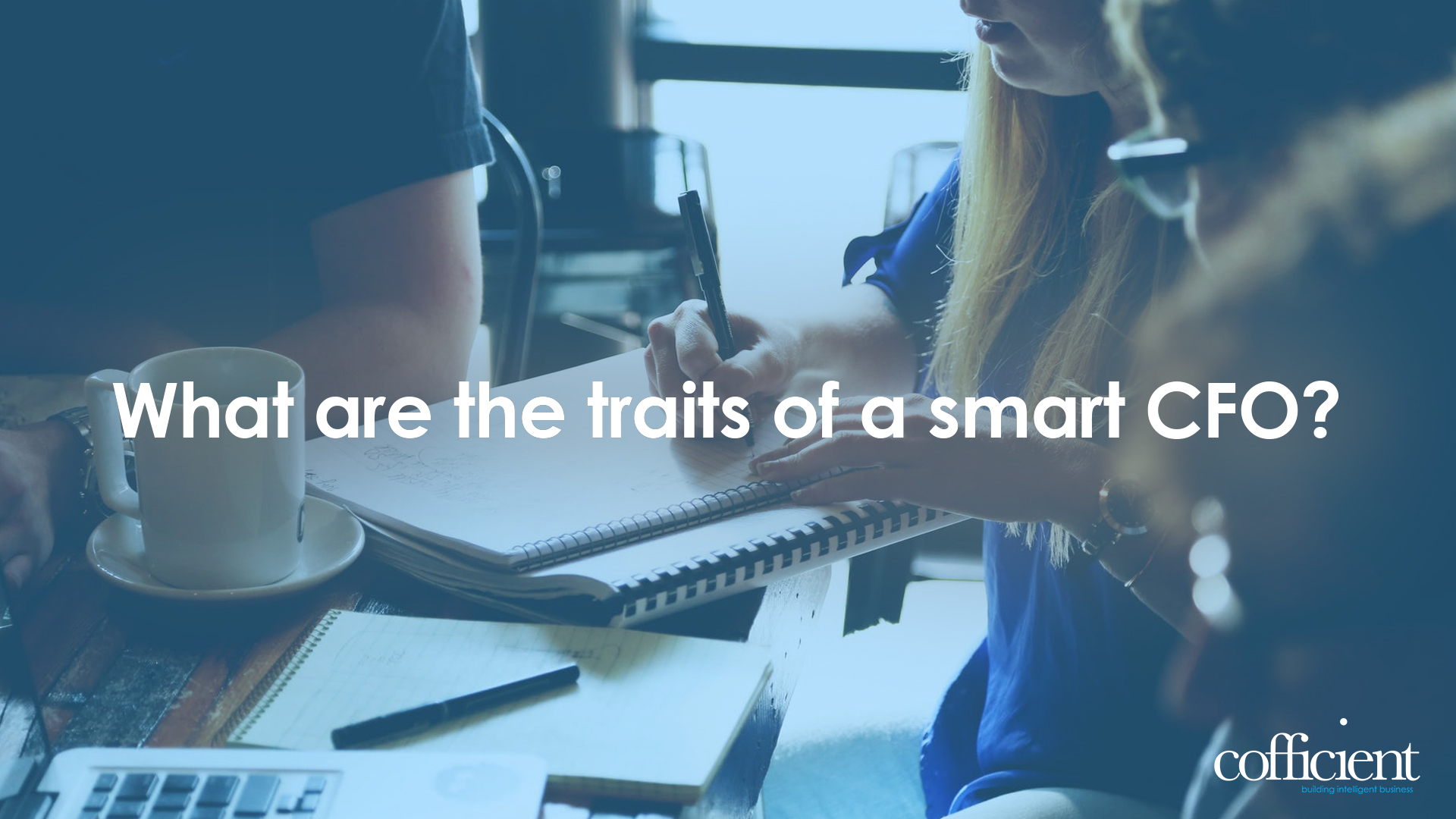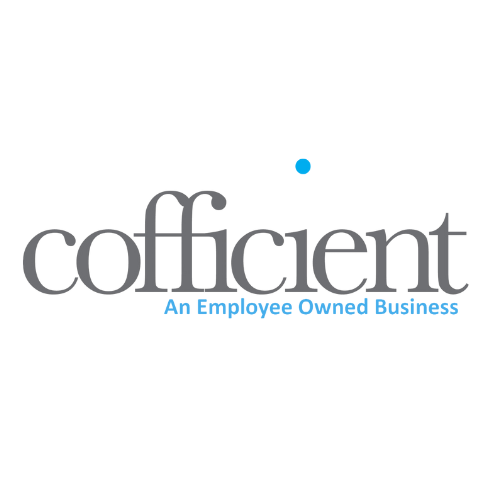
What are the traits of a Smart CFO
[et_pb_section admin_label=”section”]
[et_pb_row admin_label=”row”]
[et_pb_column type=”4_4″]
[et_pb_text admin_label=”Text”]
It is no surprise that technology drives business forward. Today’s most successful finance and accounting departments rely on up-to-date financial technology solutions to support their administrative workflows and strategic initiatives — and they are likely to have a smart CFO at the helm.
It’s a common misconception for many businesses that the role of a Chief Financial Officer (CFO) only focuses on the business’ finances. When really, a great CFO will be able to provide a holistic outlook on your business from end-to-end.
In this blog, we examine the traits a smart CFO should embody.
Sees Manual Processes as Risks
Financial decision-makers want to be sure their output is timely, accurate and compliant—in fact, it needs to be. Manual processes, by nature, are prone to human error and put the entire company at risk. Plus, they are slow and inefficient compared with more modern, tech-enabled processes. A smart CFO wants more control over their department’s processes and data so they can contribute to the company’s agility and growth and that means introducing automation wherever they can.
A Connector
A smart CFO will be able to communicate with individuals at all levels. A CFO is responsible for effectively communicating information amongst employees, stakeholders and management. Verbal and written communications must be exceptional and they must not shy away from the people in your organisation. It’s essential for them to be a connector in your company and have a 360 degree view of all that happens within the business.
Has Their Head in the Cloud
A CFO who’s in-the-know about technology is well aware that cloud software is built for growing companies. Cloud-based financial solutions like NetSuite or SAP Business ByDesign are flexible, configurable, scalable and secure, plus easy to access from any connected device, around the clock. Cloud software is hosted by the solution provider, so it doesn’t require the purchase of hardware and there’s no software to “run” on local machines. It’s easy to implement and the software provider manages all of the servicing, including automatic upgrades.
Strategic
Your smart CFO should be able to drive efficiency, assist with budgeting and cashflow management, operations, performance and shape the overall direction of your business.
Additionally, asking questions like, “Why are we doing this?” and “What are we hoping to achieve?” are important. Addressing the “why” and the desired outcomes makes the CFO’s work intentional and strategic. Both are necessary for driving business growth and profitability.
A People Person
Not everyone in finance enjoys or works at their best when immersed amongst a team. Some individuals prefer to focus on numbers behind closed doors. A smart CFO is not just about the numbers. This role requires a genuine care for the people within the company. They must know how each employee is performing and address the ones that aren’t at their best. A great CFO will be able to do both: numbers and people.
An individual that can immerse themselves in your organisation with ease is an indicator that the working relationships they will also develop with external stakeholders will match.
Wrangles the Right Data
As the business grows, the need for more data increases along with the output of data:
- financial data,
- operational data,
- sales data,
- marketing data, and so on.
Decision-makers rely on data that’s actionable—that tells them something specific so they can choose the next course of action. Often, to get data into the right format, it needs to be brought in from a disparate system and crunched this way and that. A smart CFO understands that this process becomes easier with a financial system that’s designed for clean and simple data management and custom reporting. They know that the “old way” of crunching numbers on a calculator in in Excel isn’t going to “cut it” in today’s fast-paced business environment.
When a decision-maker asks for insights, they don’t want to wait until Friday afternoon. The smart CFO knows that today’s cloud-based financial software works in real-time—it’s processing data continuously so users can access the information they need when the need it. In other words, “NOW!”
Understands the power of software integration
Finally, a smart CFO has probably experienced what it’s like to have information buried in silos—or to work within a few different business systems and processes that don’t “talk” to one another. Thanks to cloud computing and flexible APIs, they know that today, many of these systems can be seamlessly synced up with NetSuite or SAP Business ByDesign. The result is two-way communication that generates more data and better data, plus smoother workflows and reporting. An integrated system changes the way the entire finance and accounting team works and adds value to the growing organisation.
[su_button url=”https://cofficient.co.uk/guide-to-buying-business-software/” size=”9″ center=”yes”]Download Our Guide To Buying Business Software[/su_button]
[/et_pb_text]
[/et_pb_column]
[/et_pb_row]
[/et_pb_section]



